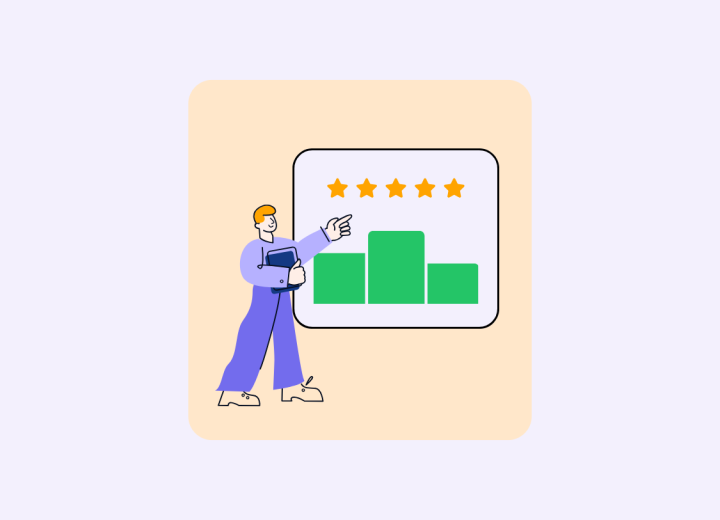Many students who are curious, ambitious, and open to new challenges are drawn to consulting. No wonder: The industry is prestigious, offers exciting tasks, steep learning curves, and excellent career opportunities. Working as a consultant provides insights into various companies, solves complex business problems, collaborates with executives, and enables significant professional and personal development.
However, the path to this career is anything but easy. The number of applicants is large – but only a small portion ultimately makes it into consulting. The entire recruiting process can take several months (often 3-6, sometimes even up to 9). This is not only time-consuming but also mentally exhausting. Especially during stressful phases, many feel lost or wonder what to do next.
In this guide, you'll get a clear roadmap: We'll show you step by step how the typical application process in consulting works – and how to prepare effectively to stand out from other candidates. Of course, the exact process may vary slightly depending on the company and situation. If you're unsure, it's best to speak with a coach who can provide personalized support.













